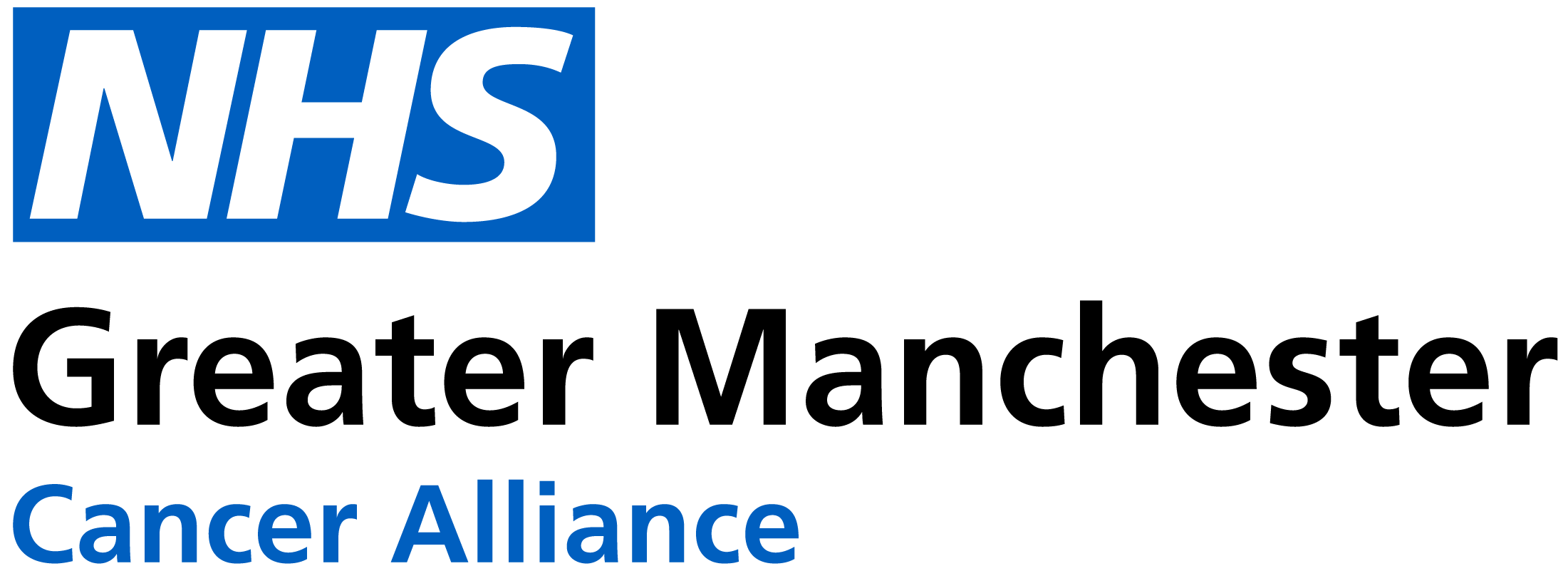Prostate Pathway Information for Patients
Your GP has referred you to a specialist at the hospital for further investigation. There are many conditions your symptoms or test results could be linked to, including the possibility of cancer. Most patients referred for further tests do not have cancer.
It is important you have further investigations/appointments quickly so we can diagnose you and start treatment, if needed, as soon as possible.
Your Prostate Pathway
The appointments and tests you need to have to understand your symptoms are called a pathway. The diagram below shows a typical order of the appointments. You may have to attend a different hospital for some of these appointments rather than your local hospital.
It is very important you attend for your appointments. This is to ensure those patients who need treatment can start this as soon as possible.
Whilst waiting for your appointments, please try to continue with your normal activities/exercise. If any treatment is required, an important part will be to optimise your fitness, such as stopping smoking and improving activity levels.
What you need to do
- If you have not heard from the hospital after 5 working days, please telephone your GP practice.
- It is important to be available for the next 4 weeks for appointments.
- If you cannot attend an appointment for any reason, or are planning to go away, please telephone the number given to you by the hospital as soon as possible. You will have been given a named contact and telephone number when you were first phoned.
- Please telephone your named contact if you are taking any blood thinning medication.
- Please bring a list of medications to all appointments.
- For each appointment, you may be at the hospital for up to 4 hours.
- We suggest you bring a family member or friend to your appointments if you can, depending on local hospital guidance.
- If an interpreter is required, please telephone your named contact.
- If you have any questions about your appointments or the pathway in general, please telephone your named contact.
These are the tests you may have:
MRI Scan
An MRI scan uses a powerful magnet and radio waves create pictures of your prostate gland. The scan will take about 50 minutes. You may be in the department for up to 2 hours. You will probably have an injection of a dye during the scan. If you are claustrophobic (afraid of confined spaces) and have concerns, please contact your hospital team as they can offer advice to help you with the scan. Please refrain from any sexual activity that leads to ejaculation for 3 days before the MRI scan, this is to help show the detail around your prostate gland.
Prostate Biopsy
A prostate biopsy involves passing a small needle into the prostate gland several times to obtain samples. The needle is usually passed into the prostate gland through the perineum (the skin between the back passage and scrotum/testicles). The biopsy is usually performed under local anaesthetic, occasionally under general anaesthetic; this will be discussed with you by the specialist (doctor/nurse). If a general anaesthetic is required, you will be informed in advance of any specific requirements. You may be at the hospital for up to 4 hours if the biopsy is performed under local anaesthetic, or all day/overnight if performed under general anaesthetic.
CT Scan
A CT scan uses x-rays to create detailed pictures of the inside of your body. You may be given a drink before the scan of a liquid dye and you may have an injection of a dye during the scan. You could be in the department for up to 2 hours.
Bone Scan
A bone scan is an imaging test. It safely uses a very small amount of radioactive dye to help diagnose problems with your bones. You will be asked to attend the hospital at a specific time to have the radioactive dye injection. Then you will be told a time to have your scan, this is usually a few hours later. Please do not bring anyone with you who is pregnant or under 18 years of age.
Please contact us if you require this information in an altnerative format, such as easy read, large print or alternative languages.

